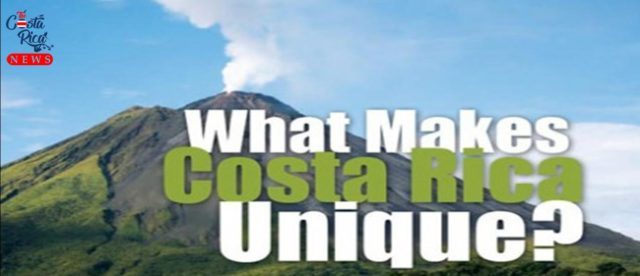Every October 12, Costa Rica celebrates the Day of the Cultures, also known as Columbus Day in the United States, Day of (our) Race, is called in many countries of the Americas, Discovery Day in the Bahamas, and the Day of the Americas in Uruguay. This celebration uses as its date the anniversary of Christopher Columbus’s first trip to the Americas.
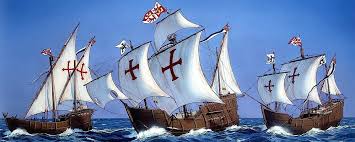
History.
The denomination was created by the Spanish ex-minister Faustino Rodríguez-San Pedro, as president of the Ibero-American Union, which in 1913 thought of a celebration that could unite Spain and Latin America, choosing for it October 12. In 1914 it was celebrated on October 12 for the first time as Festival of the Race (defining the word race as a category of humankind that shares certain distinctive physical and social traits).
In 1915 it was changed to “Día de la Raza” (Day of (our Hispanic) race), that is how it was promoted by the Ibero-American Union, as commemoration of the America’s discovery by the Europeans, and at the same time as a tribute to the memory of the immortal Christopher Columbus, serving to externalize the spiritual intimacy between the discovering and civilizing Nation (Spain) and those settlements formed on the American soil, today prosperous Nation-States.
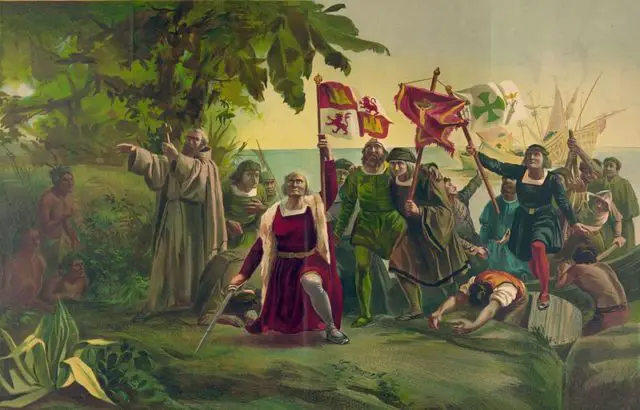
The Ibero-American Union celebrated for the first time the “Festival of the Spanish Race” in 1914 and 1915 it was celebrated as “Día de la Raza” in the Argentine House of Malaga (Spain), and since 1917 the City Council of Madrid assumed the celebration of the “Fiesta de la Raza” in the capital of Spain. It becomes a national holiday by the law of Alfonso XIII on June 15, 1918.
In 1917, Hipólito Yrigoyen, president of the Argentine Republic, declared that day a national holiday. Although the decree does not give it a specific name, the press and custom imposed that of Día de la Raza, although “not everyone applauded this name with which it was designated”, in the words of Argentine journalist Ernesto Mario Barreda.
The name “Día de la Hispanidad” (Hispanism Day) – and the word Hispanidad itself – was proposed at the end of the 1920s by Mons. Zacarías de Vizcarra (Spanish priest, resident in Buenos Aires) to the journalist Ramiro de Maeztu (then, ambassador of Spain in Buenos Aires), since he considered “somewhat improper” the denomination Día de la Raza (Day of the Race).
The new name would gradually be replacing the old one in Spain (but not in America), until January 10, 1958, when it was formalized by decree of the Spanish Presidency of the Government.
By countries:
Argentina: the Day of the Race (Día de la Raza) was established by Argentina in 1916 by the decree of President Hipólito Yrigoyen. In 2007 there was a draft decree to modify the name Día de la Raza for Day of American Cultural Diversity. Finally, it was designated as Day of Respect for Cultural Diversity through an Urgent Decree issued by President Cristina Fernández.
Bahamas: national holiday, called Discovery Day.
Belize: national holiday, called Pan-American Day.
Bolivia: by decree of 12/10/2011 it is called “Decolonization Day”, after having been called “Liberation, Identity and Interculturality Day”.
Chile: it was declared a holiday by law in 1922, and was called “Anniversary of the Discovery of America”, although informally it is known as “Day of the Race”, the name with which Spain celebrated it at that time. In 2000, by law it was renamed Día del Encuentro de Dos Mundos (Day of the Meeting of Two Worlds) in reference to the official motto of the celebrations coming about with the Fifth Centenary of the Discovery of America (although the informal name is still used) and is observed on the Monday closest to October 12th.
Colombia: Race and Hispanism Day. National holiday by law moved to each following Monday.
Costa Rica: officially since 1968, the Day of Discovery and Race was created, but since 1994 this holiday was officially transformed into the Day of Meeting of the Cultures to jointly highlight both the cultural contributions of Europeans, Indigenous natives, Asians, and Afro-descendants.
Cuba: it is not celebrated on October 12. It is observed on October 10, an unrelated date: corresponding to the day when the war of independence against Spain began in 1868.
Dominican Republic: called Cultural Identity and Diversity Day and also, Day of the Meeting between two Cultures, rather than Day of the Race. Since this last name implies that there is only the Hispanic race, leaving aside the Indigenous and African, important components in the conformation of Dominican identity.
Ecuador: it is celebrated on October 12 under the name “Interculturality and Plurinationality Day”, since 2011.
Spain: At present, it is the Spanish national holiday, with the denomination of National Day of Spain. In the city of Zaragoza, the holiday coincides with the Fiesta del Pilar, in honor of the Virgen Del Pilar, catholic patron of the city and patron of Hispanism.
Guatemala: Hispanism Day.
United States of America: Called Columbus Day.
Honduras: national holiday, Day of the Race.
Mexico: Day of the Race, officially since 1928, at the initiative of José Vasconcelos, which refers to what he called the Ibero-American race, with a meaning of miscegenation and cultural syncretism.
Nicaragua: it is considered a relevant event and has changed its name over time: first it was called “Columbus Day”, then “Hispanism Day” and today it is officially recognized by the Ministry of Education as the “Day of the Indigenous, Black and Popular Resistance” thus commemorating the struggle of the native peoples and the rich cultural heritage that bequeathed the Nicaraguan nationality.
Panama: the celebration is referred to as “Hispanism Day” or “Day of the Race”.
Peru: it is celebrated as the “Day of the Native (first) Peoples and Intercultural Dialogue” established by law that President Alan García promulgated on October 9, 2009.
El Salvador: it is celebrated as the “Day of the Race”.
Uruguay: it maintains the equivalent of the Day of the Race – although initially, it had a Pan-Americanist sense – it is the Day of the Americas (celebrated since 1915), different from the festival of the same name that is celebrated on April 14. On the other hand, the “Cultural Diversity Day” is celebrated on October 12.
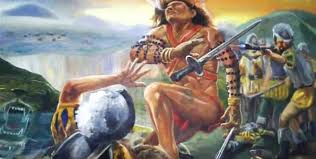
Venezuela: the celebration of the Day of the Race was incorporated by Law as a National holiday in 1921. On October 12, 2002, President Hugo Chávez, at the request of the indigenous (native tribes) organizations and with the support of the Ministry of Education decrees the “Day of the Indigenous Resistance” commemorating the struggle of the Indigenous nations of the continent against the violent incursion of Europeans upon their arrival.
Nowadays in our Country.
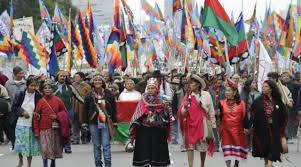
Before, in Costa Rica, the October 12 date it was called the Day of the Race, currently, after a change of the national legislation, it is called Day of the Cultures, a change that was the result of a deep struggle of an important national sector, aware of the vital importance of maintaining the memory for the construction and preservation of national identity.
Costa Rica, by Law No. 7426 of August 23, 1994, decrees that: “Every year, October 12 will be commemorated as” Day of the Cultures “, to: “Exalt the multicultural and multiethnic character Of the Costa Rican people. The historical fact of the arrival of Christopher Columbus to the American continent will also be remembered. The Indigenous, European, African and Asian values present in the composition of the Costa Rican idiosyncrasy will be exalted. The historical and cultural ties that link the nations of Latin America will also be remembered. Also, the recovery of these values will be stimulated”.

